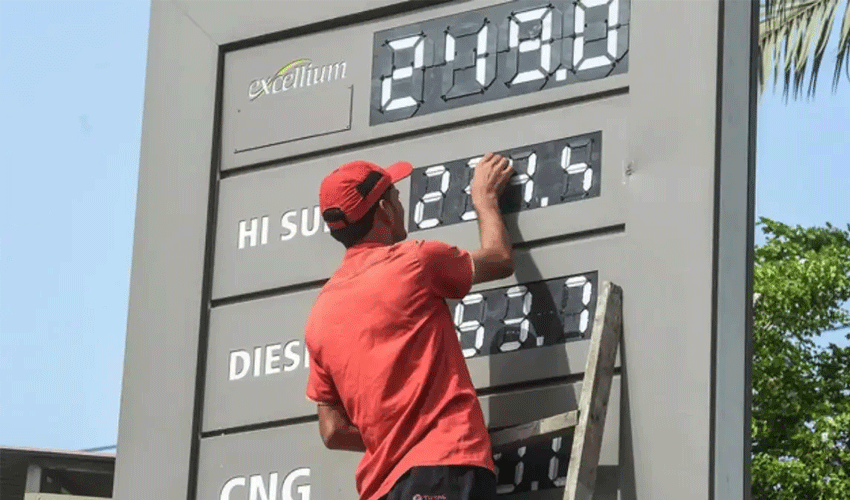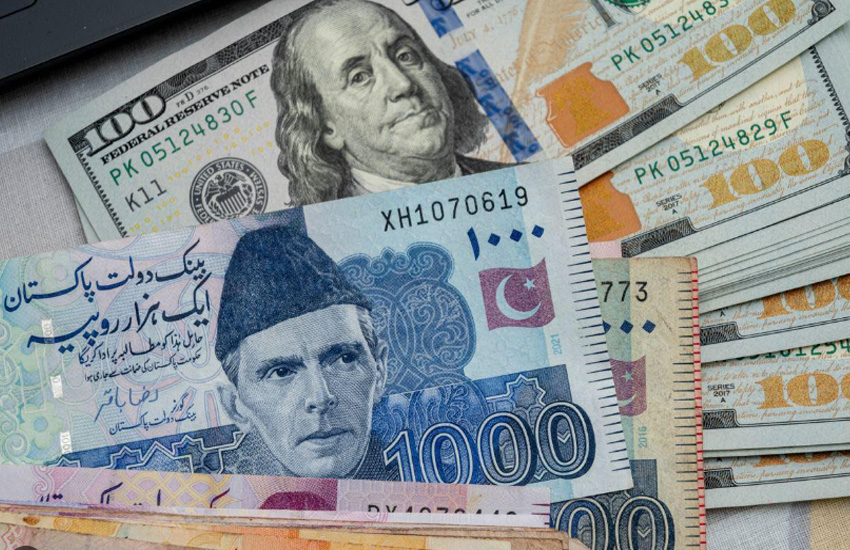Oil prices eased on Friday, heading for their first monthly drop since November, as uncertainty over global economic growth and fuel demand from Washington's tariff threats and further signs of a U.S. economic slowdown outweighed supply concerns.
The more active May Brent crude futures slipped 31 cents, or 0.4%, to $73.26 a barrel by 0348 GMT, while U.S. West Texas Intermediate crude futures were at $70.04 a barrel, down 31 cents, or 0.4%. Front-month Brent that expires later on Friday traded at $73.69, down 35 cents, or 0.5%.
Both benchmarks are on track to post their first monthly decline in three months.
A long list of factors including economic slowdown fears in the U.S., tariffs, OPEC+ plans to increase supply in April and hopes of peace in Ukraine are curbing investors' risk appetite and depressing prices, IG market analyst Tony Sycamore said.
"The only counter arguments are the price has already fallen a lot," he said, adding that WTI is well supported between $65 and $70 a barrel based on technical charts.
U.S. President Donald Trump on Thursday said his proposed 25% tariffs on Mexican and Canadian goods will take effect on March 4, along with an extra 10% duty on Chinese imports.
Economists at Fitch's BMI research unit said market participants are struggling to gauge the impact of the flood of energy-related policy announcements made by the Trump administration this month.
"Those weighing on the downside, notably U.S. tariff measures, are currently winning out," BMI said in a note.
Also weighing on investor sentiment, data showed U.S. jobless claims jumped more than expected in the previous week, while another government report reiterated that economic growth slowed in the fourth quarter.
Still, oil prices climbed more than 2% on Thursday as supply concerns resurfaced after Trump revoked a licence granted to U.S. oil major Chevron (CVX.N), opens new tab to operate in Venezuela.
The cancellation of the licence could lead to the negotiation of a fresh agreement between the U.S. producer and state company PDVSA to export crude to destinations other than the United States, sources close to the talks said.
OPEC+ is debating whether to raise oil output in April as planned or freeze it as its members struggle to read the global supply picture because of fresh U.S. sanctions on Venezuela, Iran and Russia, eight OPEC+ sources said.



























